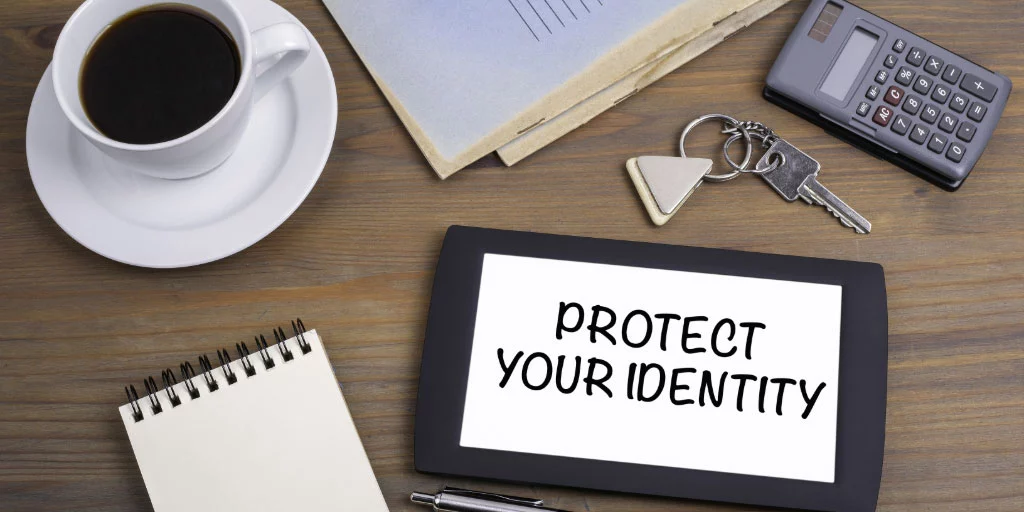What To Do if Your Identity is Stolen

Published: May 31, 2018
What To Do if Your Identity is Stolen
Data breaches seem to be a reoccurring incident in the news. The number of consumers possibly affected by these data breaches can vary greatly depending on the size of the business and the types of services or products they offer. With so much of our world online now, it can be difficult to know what to do if your identity is stolen.
Being a victim of a data breach can be upsetting, so be prepared if it happens to you. If you become a victim of a data breach, follow these steps to protect your identity and personal information:
- Review Your Information: If you have an account or signed up for any type of loyalty or rewards program with a business reporting a data breach, review your information with them immediately. Identify what information it contains and what can potentially be compromised. Look for any unauthorized activity, such as a change in address or telephone number.
- View Transactions: Pay extra attention to your account and billing statements. Check for transactions that aren’t yours or you can’t validate.
- Update Logins: Change all user access credentials. If you use the same passwords for other financial institutions, change them. Watch financial statements—on paper and online—for unauthorized transactions. Be aware of potential email, phone and us mail scams.
Enable text and email alerts when possible. - Activate Account Monitoring: If you have access to any identity theft monitoring/protection services(s), we recommend you activate it as soon as possible.






